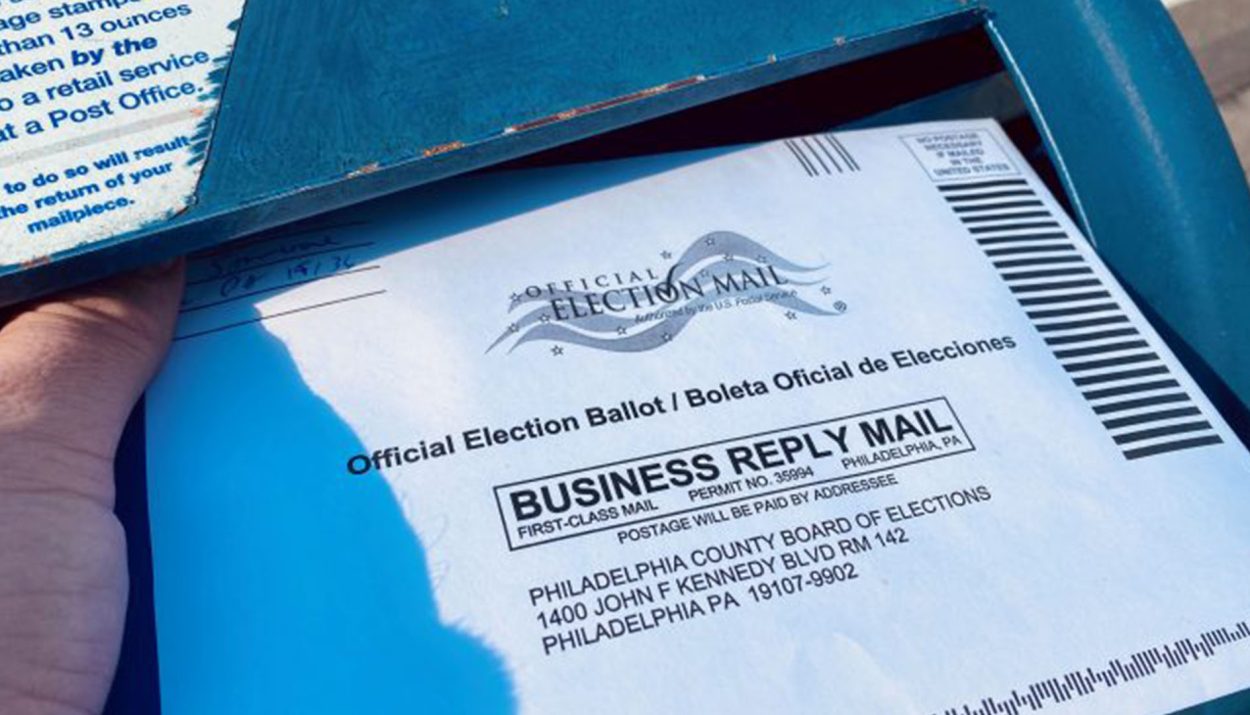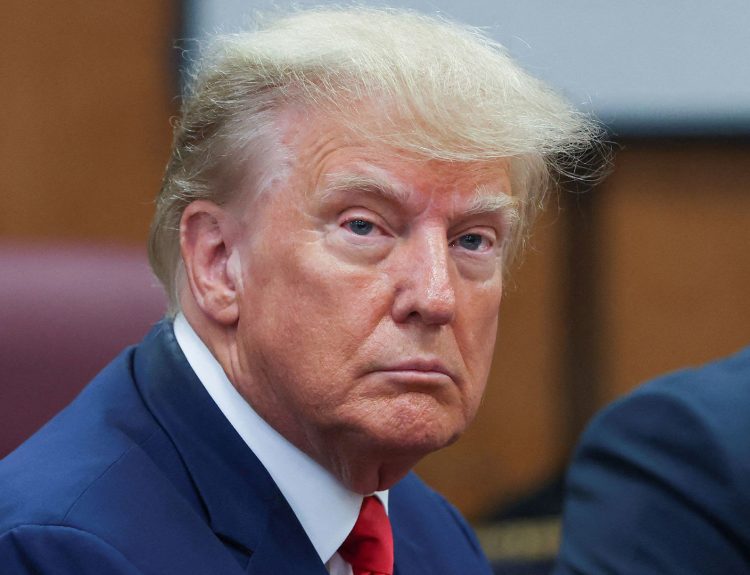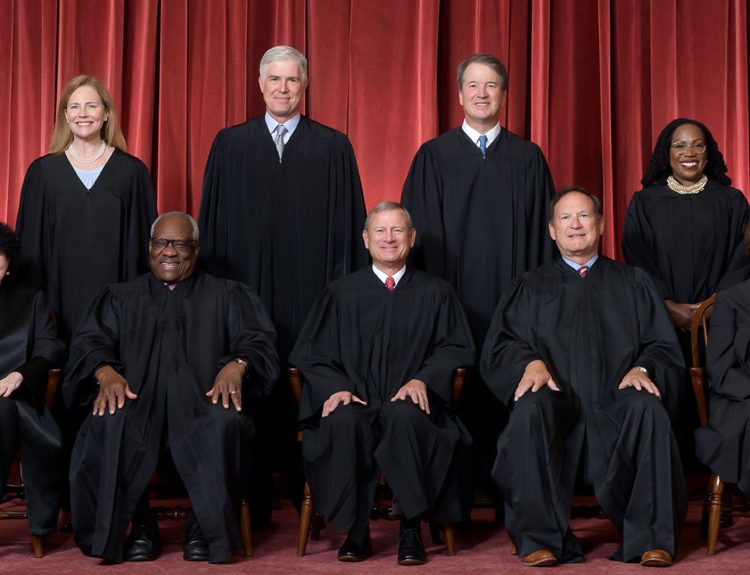Election day 2024 could look a whole lot different if the U.S. Supreme Court weighs in on a recent appeals court ruling about mail-in ballots in Pennsylvania. The decision said mail-in votes without handwritten dates or with wrong dates should be tossed out, not counted. And it could affect how Americans vote nationwide.
The ruling came from a three-judge panel with the U.S. Circuit Court of Appeals for the Third Circuit. Two judges voted to discount the undated or incorrectly dated mail-in ballots, saying it did not violate the Civil Rights Act of 1964. The dissenting judge called it unlawful disenfranchisement of voters.
Counties Can’t Count Undated Ballots
The appeals court ruled that mail-in ballots without a handwritten or incorrect date should not be counted.
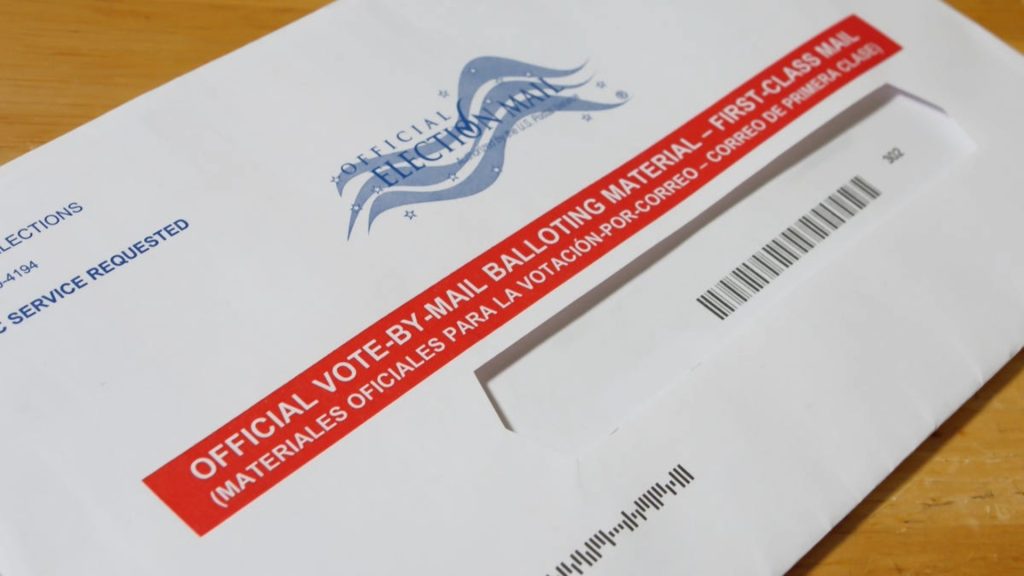
According to the ruling, the Civil Rights Act only applies when determining voter eligibility, not when setting rules for how ballots should be cast.
Split Decision By The Court
A three-judge panel handed down the ruling 2-1. Judge Thomas Ambro, appointed by Bill Clinton, wrote the majority opinion and was joined by Biden appointee Judge Cindy Chung.

Dissenting was Judge Patty Shwartz, an Obama appointee, who argued that not counting the ballots violated voters’ rights.
Impact Of The Ruling on the 2024 Election
The ruling is likely to be appealed to the Supreme Court. Their final decision could significantly impact the 2024 presidential election, as nearly half of voters cast mail-in ballots in 2020, and more Biden voters used this method.
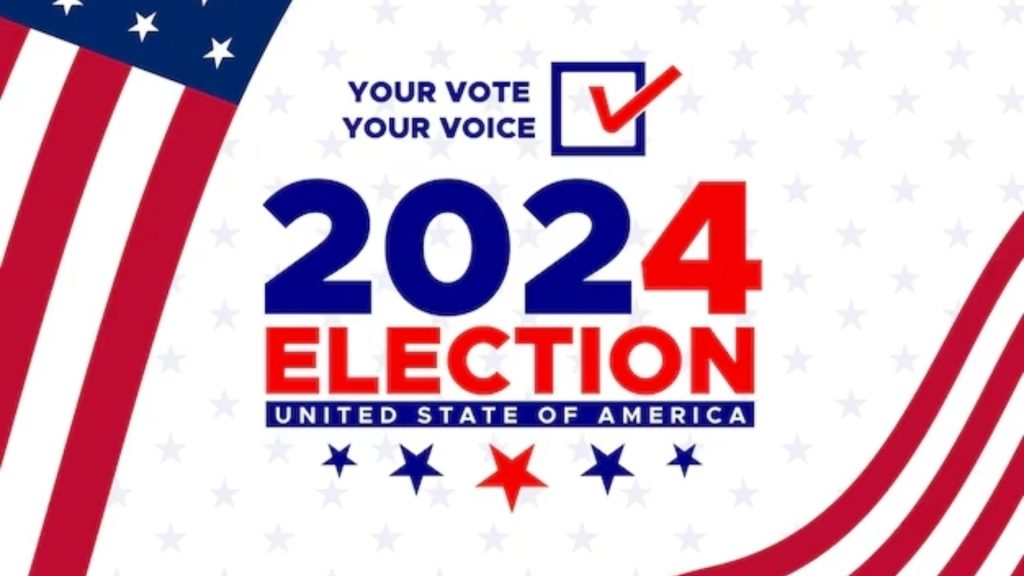
A ruling against counting the undated ballots may disadvantage Democratic candidates.
The Court’s Ruling is Crucial for Pennsylvania
The ruling directly impacts Pennsylvania, a key swing state Biden won in 2020, but Trump took it in 2016.
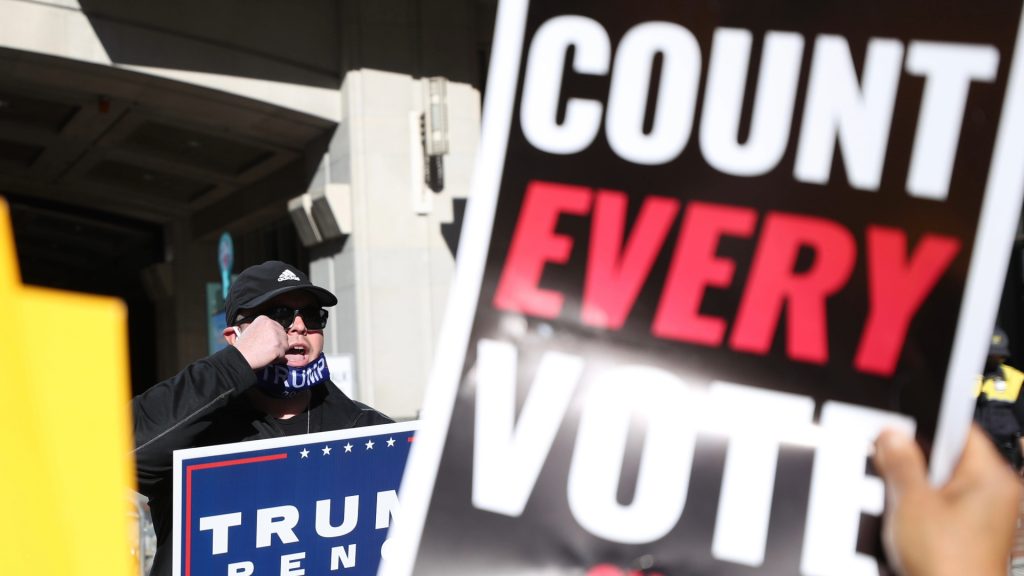
The Republican National Committee, which appealed the lower court’s ruling, praised the decision. Chair Michael Whatley said Pennsylvanians “deserve to feel confident in the security of their mail ballots.”
Background on Pennsylvania Mail Ballot Law
Pennsylvania law requires voters to handwrite the date on the outer envelope when returning mail-in ballots.
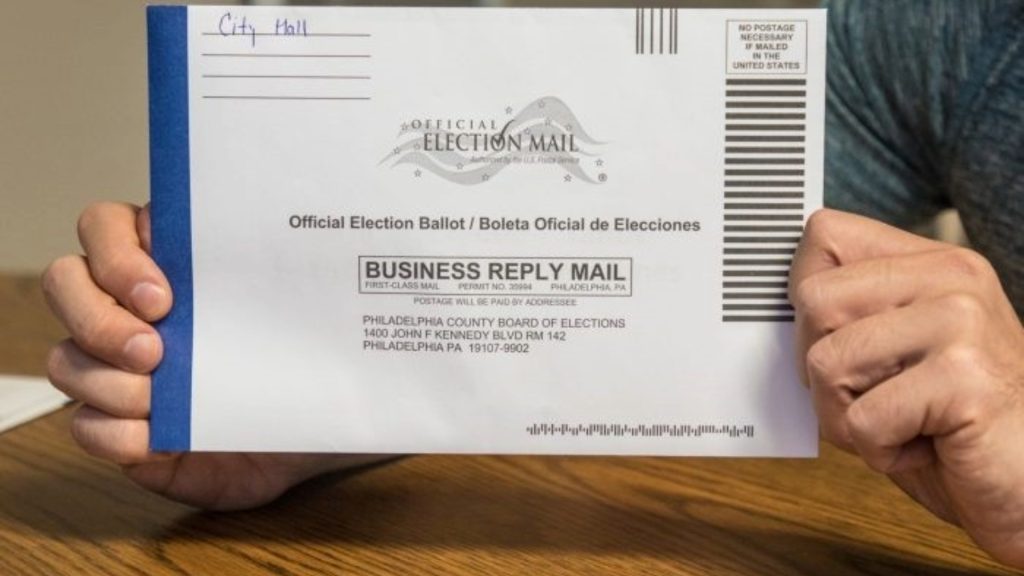
The date, however, is not used to verify a voter’s eligibility. In the past, election officials have counted undated and incorrectly dated ballots.
Confusing Requirements For Many Voters
The date requirement has been a source of confusion for many Pennsylvania voters. While the law specifies voters should write the date, it does not state ballots with incorrect or missing dates should be disqualified.
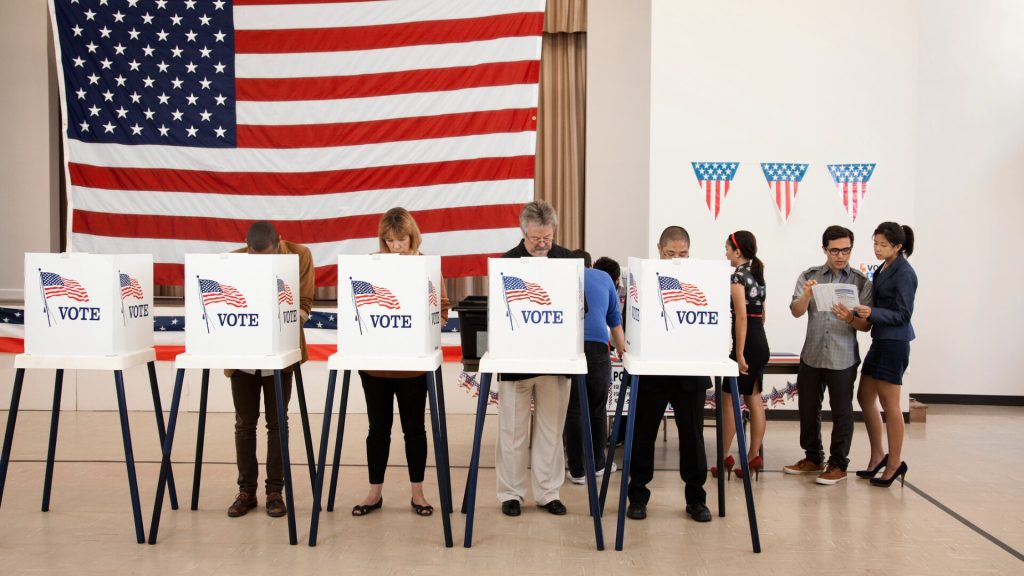
Given the lack of clarity, some election officials argue the date is merely technical and does not provide useful information for determining voter eligibility.
Disproportionate Impact of Undated or Misdated Ballots
Critics argue disqualifying undated or misdated ballots could disenfranchise voters and have a disproportionate impact on minorities.
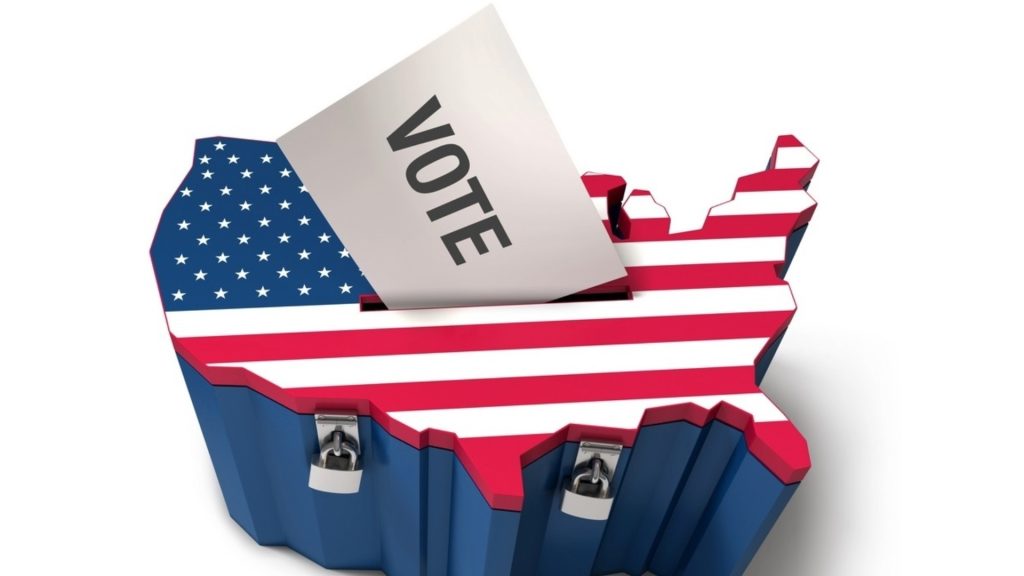
Studies show younger, non-white, first-time voters are likelier to make errors on mail ballots. Disqualifying ballots for minor technical mistakes unrelated to voter eligibility risks undermining the democratic process.
Partisan Divide on Improperly Dated Ballots
The debate around counting improperly dated ballots has become partisan. Democrats generally support counting all properly cast votes, even if the outer envelope is undated or misdated.
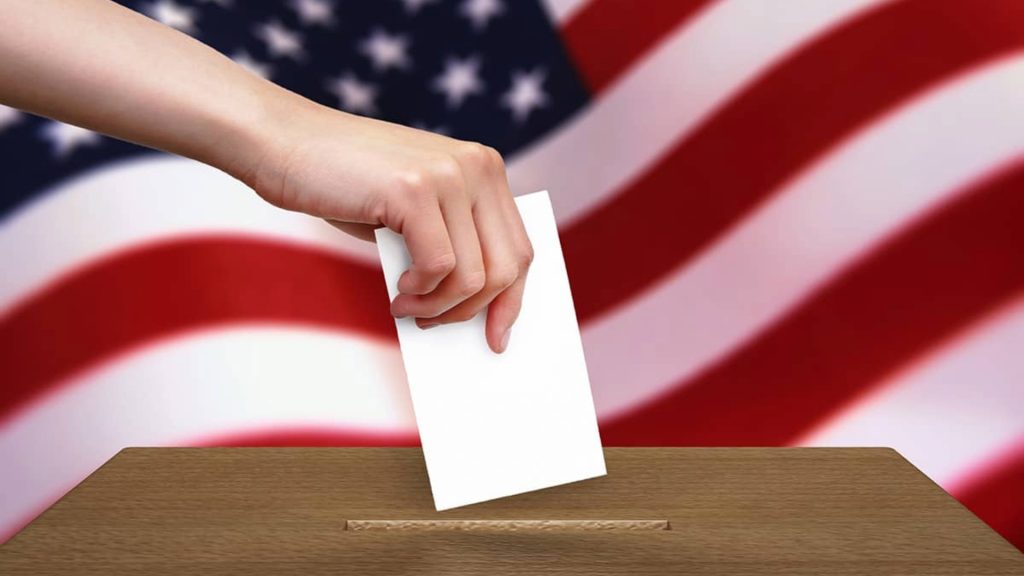
Republicans argue that following the letter of the law requires disqualifying these ballots. How the courts ultimately rule could advantage one party over the other in close elections.
Majority Opinion Cites “Materiality Provision”
The majority opinion, written by Judge Ambro, cited the “materiality provision” of the Civil Rights Act of 1964 as justification for the ruling.
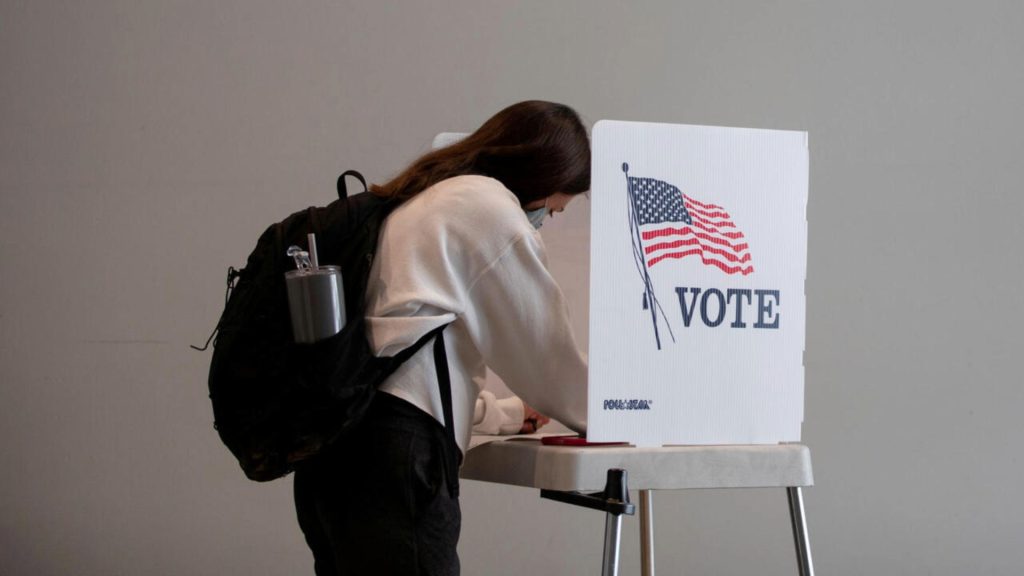
The provision states that the right to vote cannot be denied due to an “error or omission” on a mail-in ballot that is “not material” in determining a voter’s eligibility.
President Obama’s Appointee, Judge Patty Shwartz, Dissented
A key point of dissent came from Judge Patty Shwartz, who was appointed by former President Barack Obama. In her dissenting opinion, Shwartz argued that not counting the undated or wrongly dated mail-in ballots would violate the Civil Rights Act of 1964.

According to Shwartz, lacking a handwritten date or having an incorrect date on the ballot envelope was merely an “error or omission” that did not affect a voter’s eligibility.
An Appointee of Biden and Clinton in Majority
The two judges in the majority, Thomas Ambro and Cindy Chung, were appointed by former Presidents Bill Clinton and Joe Biden, respectively.

Ambro authored the majority opinion, arguing that the materiality provision of the Civil Rights Act only applied to determining voter eligibility, not to rules for how a qualified voter must cast their ballot for it to be counted.
The Split Decision Could Go to the Supreme Court
The split decision from the three-judge panel makes it likely the ruling will be appealed to the U.S. Supreme Court.
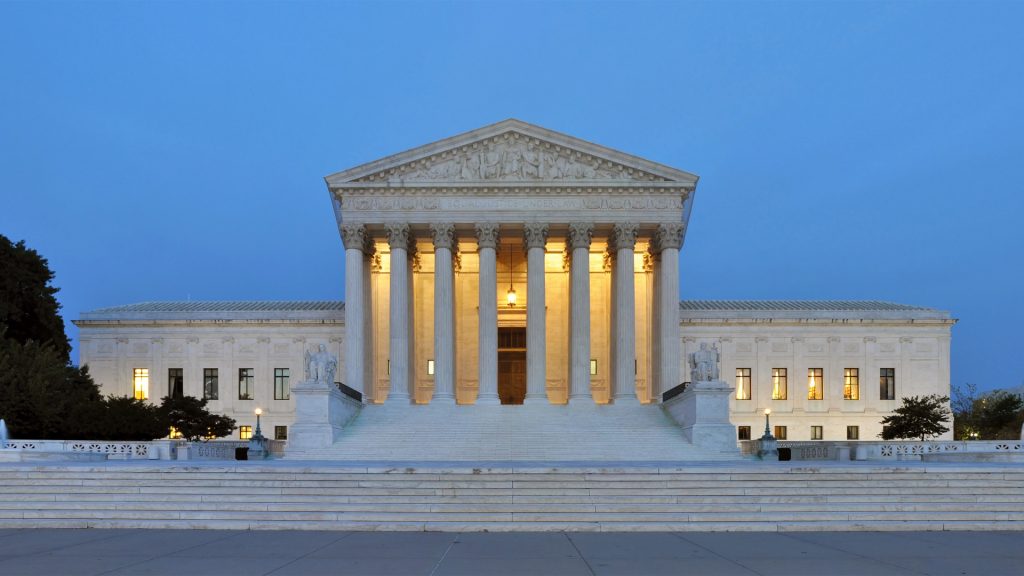
The high court’s decision would have consequences beyond Pennsylvania, affecting any state with similar rules for mail-in ballots.
Ruling Could Undermine Voter Access
Voting rights advocates argue that prohibiting mail-in ballots due to minor errors would undermine access to voting and disproportionately impact marginalized groups.
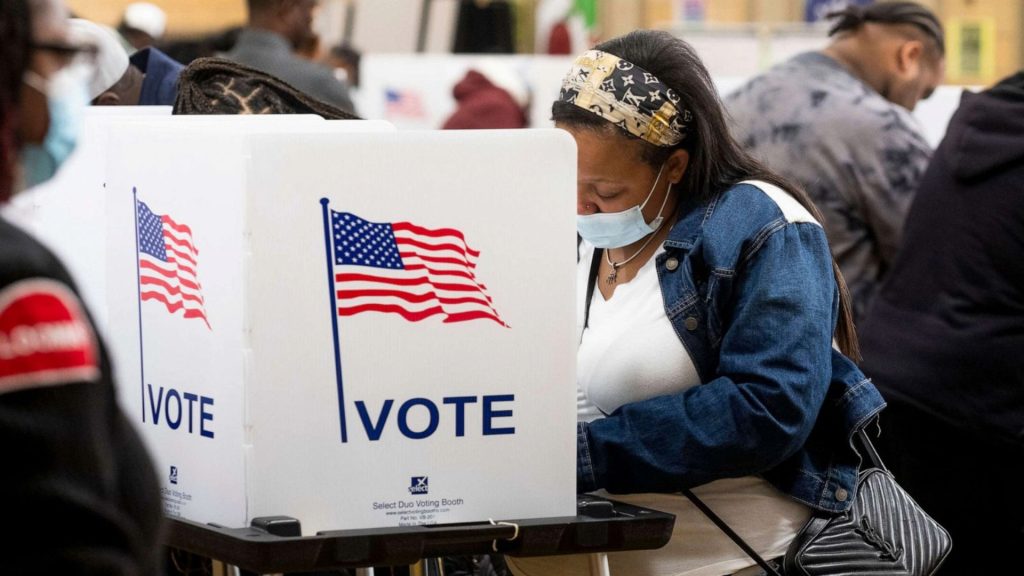
Mail-in and absentee voting has made it easier for many to cast their ballots, including senior citizens, disabled individuals, and those with health issues or demanding work schedules.
Potential Impact on 2024 Presidential Election
As the battleground state that helped secure Biden’s victory in 2020, the Supreme Court’s decision on mail-in ballots in Pennsylvania could significantly impact the 2024 presidential election.
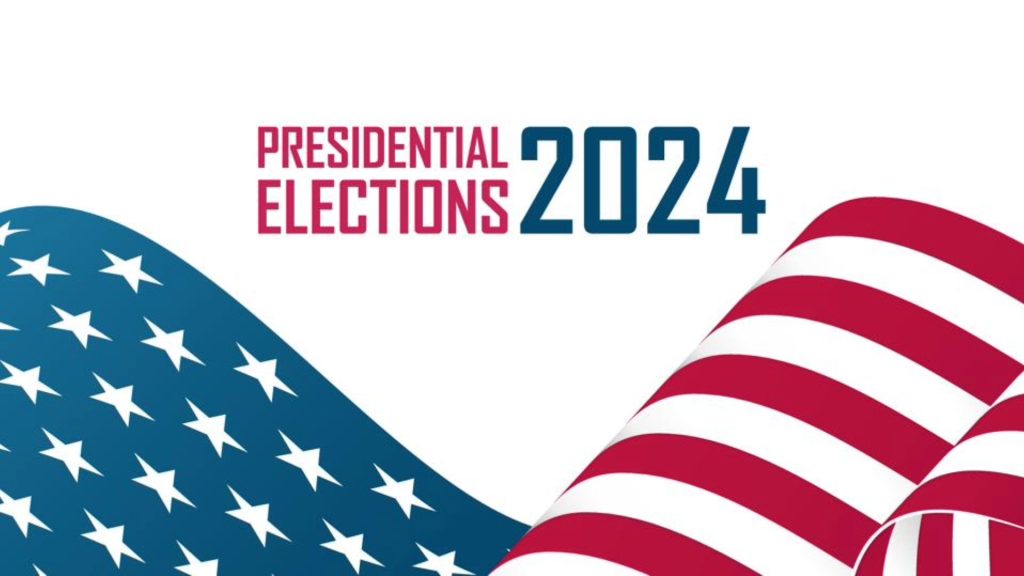
The ruling set by the appeals court establishes a precedent that could be adopted in other states and discount many mail-in ballots in the next presidential election. According to the dissenting judge, not counting ballots due to a technical error like an incorrect date “disenfranchises voters for no good reason.”

